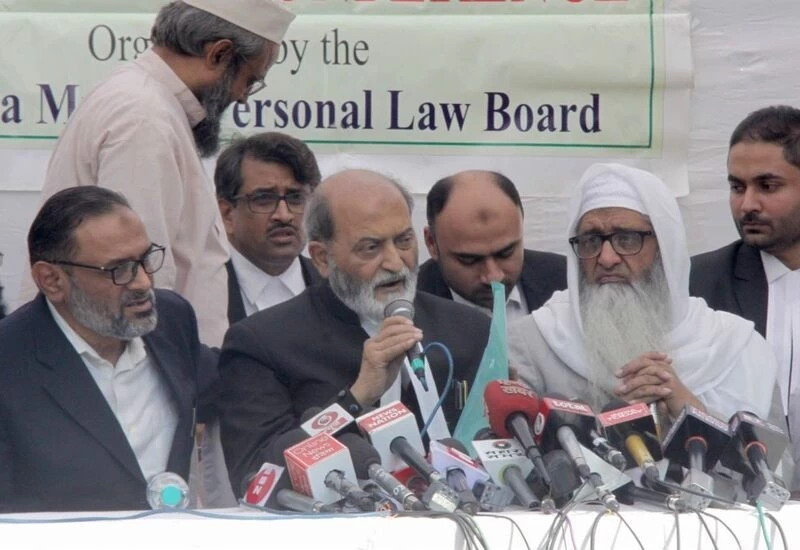New Delhi: After the All India Muslim Personal Law Board (AIMPLB), three more Muslim parties decided to file a review petition against the Supreme Court's Ayodhya verdict. With this, seven of the 10 Muslim litigants have declared their intention to seek a review of the apex court's judgment in the Babri Masjid-Ram Janmabhoomi title dispute case. One of the three litigants had earlier that a review was not required.
The three parties who gave their consent for filing a review petition are Haji Mehboob, Maulana Hizbullah and the two sons of late Haji Abdul Ahad (one of the first Muslim litigants), Haji Asad Ahmad and Hafiz Rizwan. "I have given my consent to AIMPLB and I will join the other Muslim parties on the Ayodhya issue," Haji Mehboob, who was earlier against filing a review petition, was quoted by Times of India as saying.
"We will exercise our constitutional rights to file a review petition. I and my brother Rizwan are buoyed by hope and we wish to fight the legal battle," Haji Asad, Samajwadi Party corporator of Ayodhya Municipal Corporation, said. Three Muslim parties that have shown no intention to seek a review of the Supreme Court's verdict are UP Sunni Central Waqf Board, UP Shia Central Waqf Board and key litigant Iqbal Ansari.
The AIMPLB, an umbrella body of Muslim organisations in the country, had said on Sunday that the Supreme Court verdict was self-contradictory and they would file a review petition. The move was supported by the first three litigants Mohammad Umar, Misbahuddin residents of Ayodhya and Faizabad, respectively and Maulana Mahfuz Ur Rahman of Tanda Tahsil in Ambedkar Nagar district in eastern Uttar Pradesh.
The Jamiat Ulama-i-Hind, another party to the dispute, said it would separately file a review plea. The Supreme Court on November 9 granted the ownership of the 2.77 acres of disputed land in Ayodhya to the Hindus, paving the way for the construction of a Ram Temple, and ruled that the Muslims will get 5 acres of land at an alternative site.


